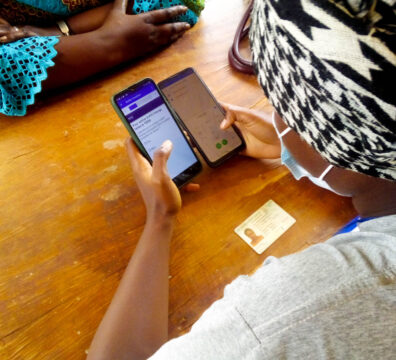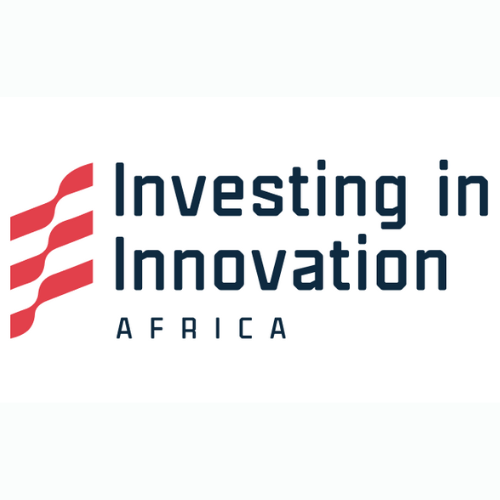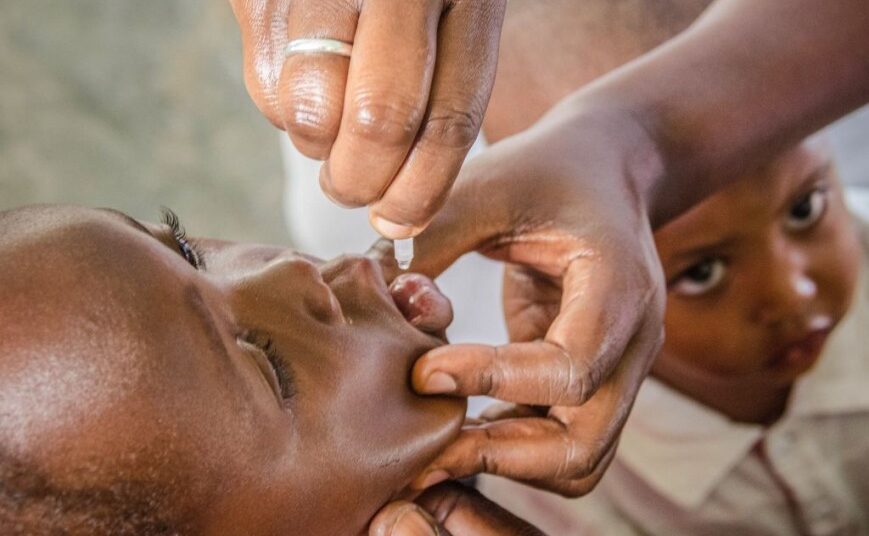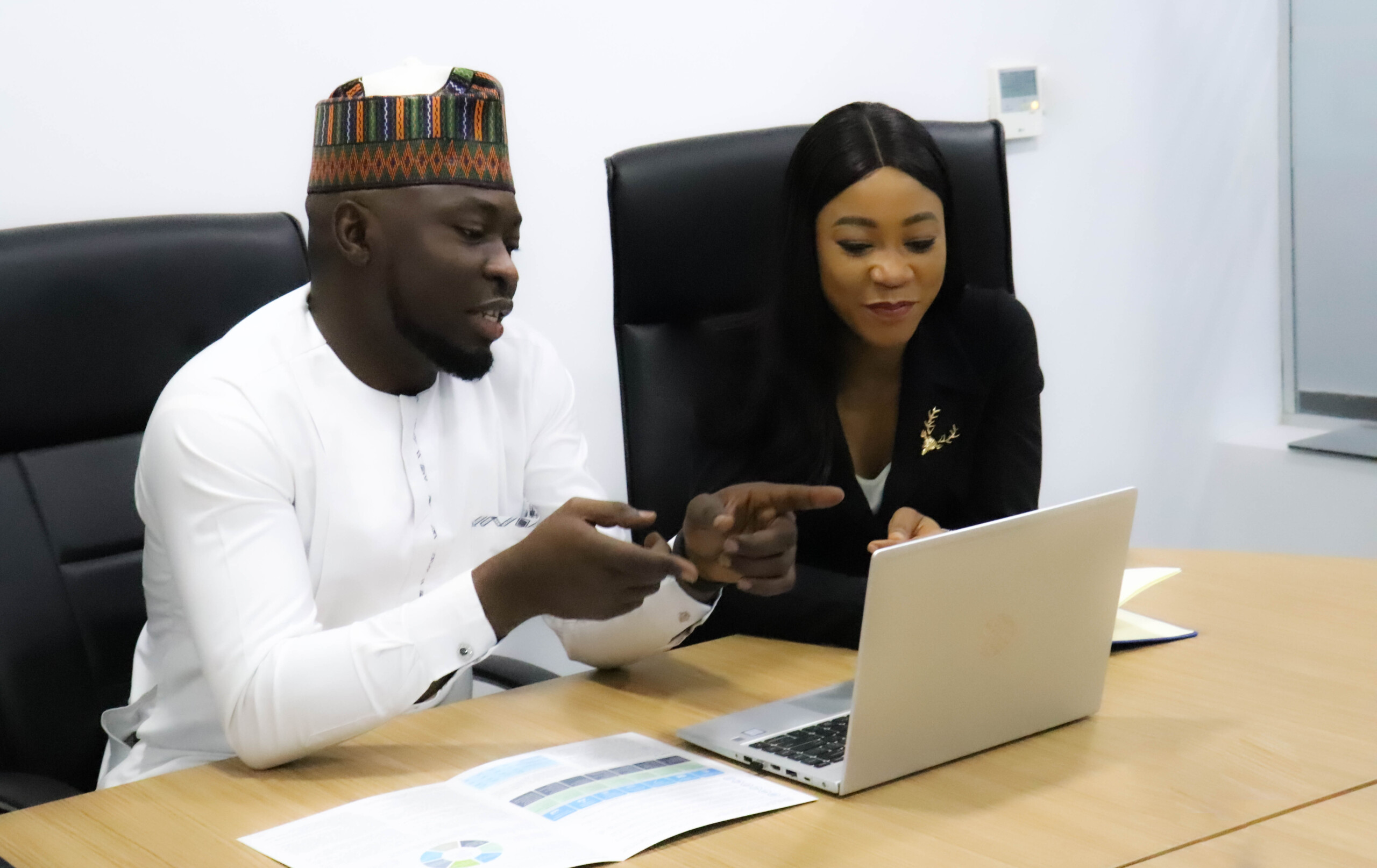Health systems consulting
SCIDaR facilitates transformative community-driven solutions that build vibrant, resilient, and healthy communities.
Vaccine Supply Chain Revamp
SCIDaR worked with Kano state and donor partners to develop and implement a suite of supply chain interventions. On this project, the team was able to deploy weekly vaccine stock performance dashboards at both LGA and ward levels to guide timely vaccine stock replenishment and other logistics decisions. Also, we rolled out a new vaccine distribution system which was streamlined to enable direct delivery of vaccines from state satellites stores to equipped health facilities.


Polio Outbreak Response Africa
On this project, SCIDaR has successfully implemented Mobile Money in Côte d’Ivoire, Ghana and Mali and this has greatly helped in reducing the time lag between the completion of campaigns held and payments to approximately two (2) hours. As part of the project deliverables on the management and teamwork stream, four case studies have been developed and disseminated to build the capacity of select World Health Organization (WHO AFRO) Rapid Response Team. Also, SCIDaR has designed project tracking systems to ensure effective project management of activities across all partners and currently provide support in Republic of Congo for polio campaigns.
Borno Polio Outbreak Response
The Borno Polio Outbreak Response team supports vaccination in all partially accessible and inaccessible settlements and ensures at least 90% of these settlements are reached by security access teams for vaccination with bOPV. Also, the team supports Borno EOC to consolidate all PEI datasets, use data for action and build the capacity of state staff on the EOC M&E team.


RI Financial Management System Strengthening
SCIDaR led the rollout of a revised financial management system to ensure effective and transparent utilization of routine immunization funds in 6 Nigerian states; Bauchi, Borno, Kaduna, Kano, Sokoto and Yobe States. On this project, we successfully established a direct electronic disbursement system managed by the State to enable prompt receipt of funds by end-users at all levels, supported the States, LGAs & health facilities to establish dedicated bank accounts to enable direct end-user access to RI funds and the internal audit units of State PHC Agencies to validate retired funds and flag irregularities to the leadership team.
Investing in Innovation (i3) project
On the i3 project, SCIDaR partners with Salient Advisory, Southbridge A&I, SBCAfritech, IMPACT Lab, and Co-creation Hub. The i3 project is a $7 million pan-African support program for health start-ups that bring quality health products closer to patients at affordable prices. Within the next two (2) years, sixty (60) promising African health start-ups will get grants and access to market support to expand and have a greater impact on health. A special focus is on African Innovators with ground-breaking solutions to the health supply chain challenges in Africa.


Frontier Health Markets Engage (FHM)
Solina is part of a network of implementing partners on the USAID-funded Frontier Health Markets (FHM) Engage project led by Chemonics international. FHM Engage is a global cooperative agreement to provide technical support to local actors to improve access to family planning (FP), and maternal, neonatal, and child health (MNCH) outcomes by strengthening the private sector markets in their twenty-four (24) priority countries (including Nigeria).
Polio Nigeria Project
Nigeria, and by extension Africa, is officially wild poliovirus (WPV) free, thanks to large, ongoing investments and efforts by Nigeria and GPEI partners. The last incidence of WPV was discovered in Nigeria in August 2016. However, outbreaks of circulating vaccine-derived poliovirus 2 (cVDPV2) have recently emerged in various countries, including Nigeria. In this one-year project, SCIDaR provides technical assistance to the national and state EOCs/SPHCDAs in their response to the cVDPV2 transmission, building on our experience supporting polio programmes in Borno and Yobe states.


Resiliency through Azithromycin for Children in Nigeria (REACH)
In response to the favourable outcomes of the MORDOR trial, REACH Nigeria is actively implementing mass drug administration (MDA) to reduce under-5 mortality, targeting the age group of 1-59 months in states with at least 60/1000 infant mortality. The pilot phase commenced in Abia, Akwa-Ibom, Jigawa, Kebbi, Kano, and Sokoto with plans for nationwide scale-up to 12 additional states from 2024 to 2027, starting with Sokoto in Q2,2024.
Global Fund Project STELLAR: Scaling-up Testing and Strengthening Lab Systems
Solina in partnership with Clinton Health Access Initiative (CHAI) and the African Society for Laboratory Medicine (ASLM) is currently providing technical assistance to the directorates of laboratories of Chad, Congo, Gambia and Guinea to strengthen laboratory systems and improve patient outcomes. Funded by the Global Fund, the Scaling-up Testing and Strengthening Lab Systems (Project STELLAR) is supporting twenty-three (23) African countries to maximize the impact of C19RM resources to rapidly scale up laboratory testing, and galvanise longer-term strengthening of laboratory systems.


The Immunization Plus and Malaria Progress by Accelerating Coverage and Transforming Services (IMPACT)
Malaria is a significant health problem in Ekiti State, Nigeria, particularly among children aged between 6 and 59 months. The prevalence of malaria in this group is as high as 32.3%. Additionally, there is poor malaria prevention and health-seeking behaviour in the state, with only about 23.1% of households having at least one insecticide-treated net (ITN).
GAVI MP (Consultancy Services to strengthen EPI Management)
The Guinea Bissau Expanded Project on Immunization aims to consolidate and extend the effective implementation of the TRIPLO V strategy to enhance Routine Immunization (RI) coverage in the SAB region. The objective of the support is to reinforce already existing modalities for managing COVAX delivery through the Expanded Program on Immunization (EPI) teams and facilitate the design and operations of new modalities as required to improve the effectiveness of the COVID-19 vaccination rollout. This is in line with the Gavi Board agreement to make available up to US$200 million in funding to help select country health systems respond to the COVID-19 pandemic.



